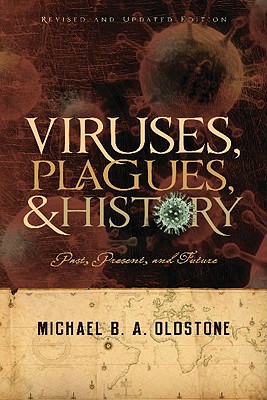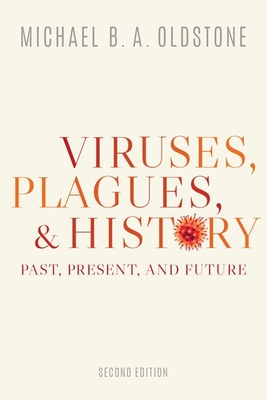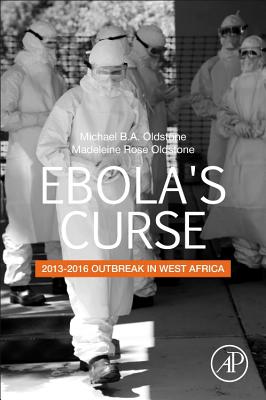
Viruses, Plagues, and History:Past, Present and Future
Interview with Michael B a Oldstone
April 3, 2020Sign Up to listen to full interview.
About Michael B a Oldstone
Michael B. A. Oldstone, M.D., is Professor and Head of the Viral-Immunobiology Laboratory at The Scripps Research Institute.
A leader in the field, he has been the recipient of numerous awards and honors and has served or serves on several national and international committees charged with understanding, treating and eliminating viral diseases.
He was a consultant to the World Health Organization for the eradication of poliomyelitis and measles, and was a member of the SAGE Executive Board. He is a member of the National Academy of Sciences.
Education
M.D. (Medicine), University of Maryland, College Park, School of Medicine, 1961
Ph.D. (Biochemistry), Johns Hopkins University, Pratt Institute of Biochemistry, 1959
B.A. (English and History), The University of Alabama (Tuscaloosa), 1954
Source: Scripps Research
Interview Summary
Although viral outbreaks have been around for centuries, we still know so little about these giant killers. As people continue to reach the far corners of the world and are increasingly encroaching on more and more wildlife habitats, viral plagues are only going to intensify and become deadlier.
In his book Viruses, Plagues, and History: Past, Present and Future, Michael B.A. Oldstone, MD, Professor Emeritus and head of the Viral Immunology Laboratory at the Scripps Research Institute, offers a lucid explanation of how viral diseases managed to deplete native populations on different continents, causing dramatic geographic, economic, and religious changes.
Smallpox, polio, measles, yellow fever, HIV AIDS, SARS, West Nile virus, mad cow disease are just a few of the deadly diseases that humanity has had to face with in the past five centuries, but this list is certainly going to grow.
Even a century later, we still do not know why the lethal Spanish flu managed to kill more than 50 million people around the world. Advances in detective virology, therapeutics and our understanding of the basic functions of the immune system may have helped in dealing with several epidemics, yet the risks of the next viral pandemic or bioterrorist attack are always clear and present.
The sobering legacy of the number of infections and lives claimed by deadly viruses worldwide: smallpox – 300 million; HIV – 39 million infected, 17 million deaths; measles – 130 million infected, 8 million deaths.
Key Topics
- Why should we focus on viral plagues and how they managed to change the course of human history and altered military balances?
- How were the plagues of the past first discovered and then controlled?
- What are the origins of human viruses and what are the principles of viral infection and propagation?
- Why was Spanish flu so fatal, killing more than 50 million people worldwide?
- How was yellow fever instrumental in the Louisiana Purchase and the ensuing black slave trade?
- How is the history of viruses and virology also the history of men and women who worked together?
- Why is it that we still don’t know what made Spanish flu was so lethal, even after the reconstruction of fossil genes?
- Why is science most often overruled by faith, myths and politics?
- Which four viral diseases are in control and which seven are still out of control?
- How does the current federal and state government response in dealing with the novel coronavirus remind us of the 1873 Memphis experience?
- What is the role of misinformation and fear in anti-vaccination sentiments and movements?










